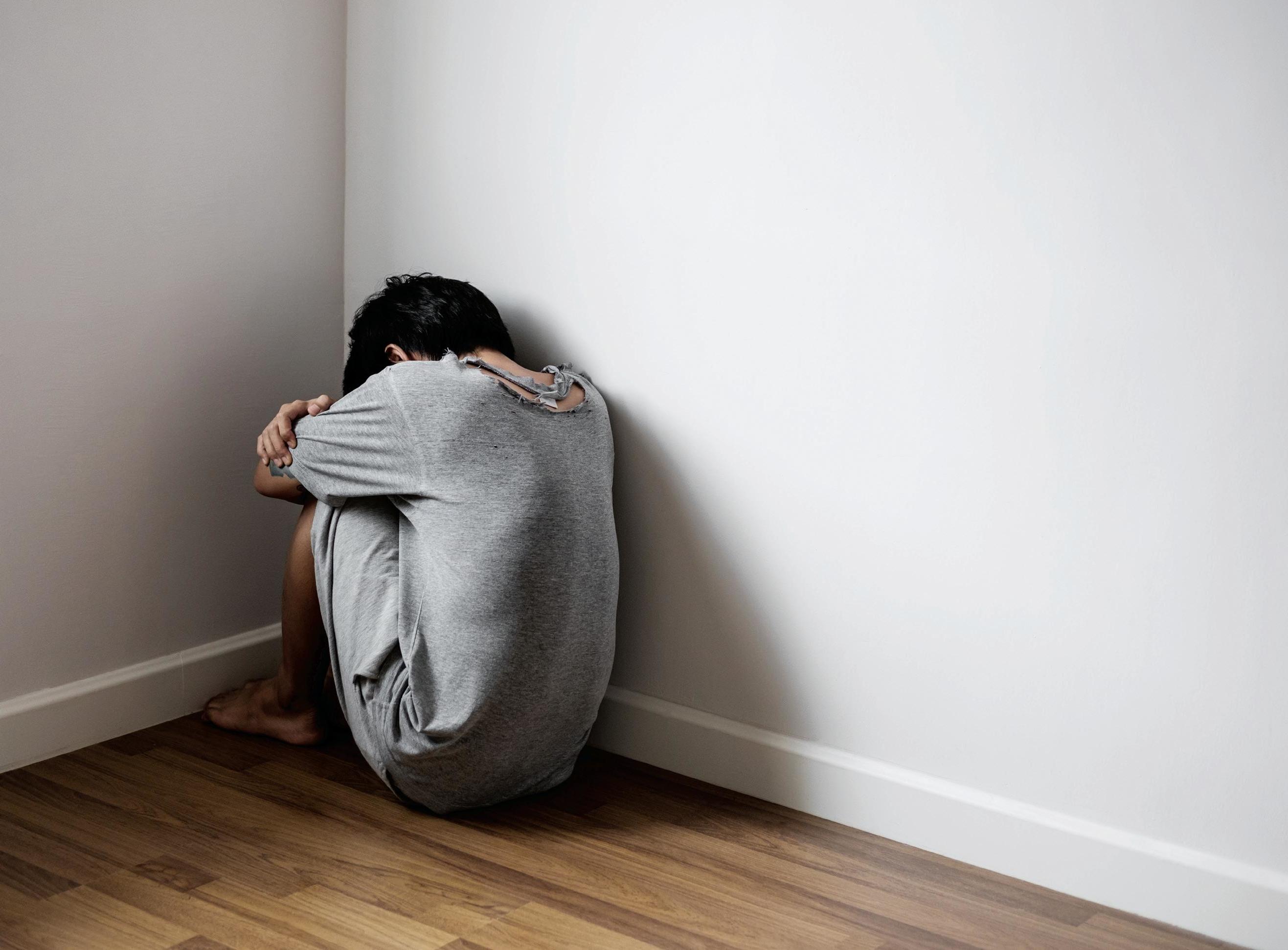
3 minute read
Managing your mental health in a pandemic
from September 2020
by Johnston Now
By Sarah R. Coates, LCMHC, NCC
When asked to write about navigating your mental health in the COVID pandemic, I found myself confronting my own fears, doubts and uncertainties.
Advertisement
It’s all we’ve been talking about since March. It’s on the news, in our social media platforms, in our conversations with family members and colleagues. You’re either tired of hearing the word “pandemic” by now, or you’re still grappling with how it’s affected you personally.
The reality is that it’s still here, we are still talking about it, and it is certainly affecting our mental health.
In my profession as a licensed clinical mental health counselor, I’m hearing many themes and statements about the pandemic. You may recognize some of these sentiments as your own:
“This doesn’t seem real,” “I feel trapped,” “I feel I’m being squeezed at all angles,” “I feel unmotivated; it’s hard for me to keep going,” “I have to think about things I’ve never had to think about before,” “I am very scared” or “ I’m over it!”
No one is exempt from the ramifications of the pandemic. Even the “experts” in the mental health field are feeling the grip of it.
I find myself feeling like the rug got pulled out from underneath me, and I’m still trying to catch my breath. I personally find myself six months in still on a roller coaster of emotion that changes daily or weekly, including feelings of anxiety, fear, worry, sadness and grief.
What we are experiencing in this pandemic is a collective trauma. A trauma is an unhealed wound or an adverse life experience.
A global unprecedented health crisis is certainly an adverse life experience. We are also experiencing grief and loss in great proportions. Our way of living, working and playing changed very quickly.
My work world changed in an instant. In March I had to flip a 60-member staff to tele-working almost overnight and carry the stress of keeping the business afloat and everyone paid. Like many of you, I have to balance work and overseeing online school for my daughters.
Like many of you, I worry about what our future will look like, how much longer we can keep doing this, and when will one of my loved ones become sick? Those of you that lost jobs, income or family members during this crisis are traumatized at an even greater proportion.
We are being collectively traumatized, and it has created a mental health crisis.
The question becomes, how do we navigate our mental health during a pandemic? Humans are made up of mind, body and spirit. Our mental health is just as important as our physical health. It all works together to make us who we are.
We must figure out how to cope with what has happened and find joy and satisfaction in whatever state we find ourselves. This leads us to a practice called radical acceptance.
Radical acceptance is a skill based in dialectical behavioral therapy, which teaches us that we are to recognize reality for what it is and find satisfaction within that reality to keep living. Radical acceptance is not giving up or giving in. It’s not weakness or submission.
To radically accept what is happening in this pandemic is to say, “I might not want to accept this as the new normal, but I can temporarily adapt to alleviate my suffering.”
So how do we adapt? How do we cope?
In therapy we learn coping skills. In life there are adaptive or maladaptive coping skills. Adaptive skills are the ways of coping that are helpful, bring you a sense of calm and help move you forward in satisfaction with life. Maladaptive skills on the other hand would be anything that doesn’t serve you well like excessive drinking, substance abuse, not eating or any other self-harming behaviors.
Some very common adaptive coping skills are: relaxation breathing, prayer, gardening, exercise, singing, art, music, body movement like yoga or dance, creative writing, going for a drive in the country or to the coast or baking.
Remember adaptive coping skills can be anything that serves you well.
For more help in adapting and coping during this pandemic, please reach out to a skilled mental health professional.
Sarah Coates, is the Practice Owner of One80 Counseling. One80 Counseling is available to help you and your family as our team of therapists continue to offer telehealth and/or in person office visits. Call 919-772-1990 to learn more.










